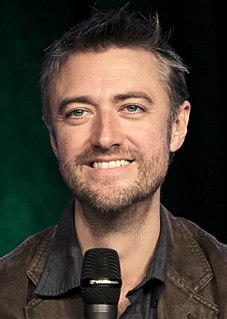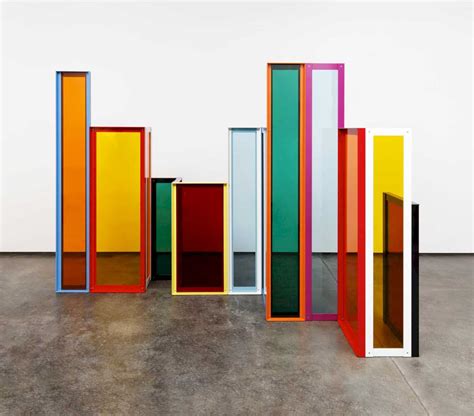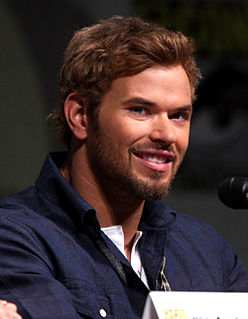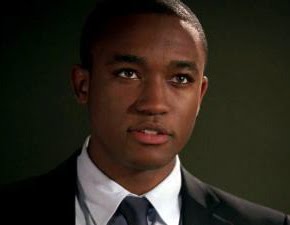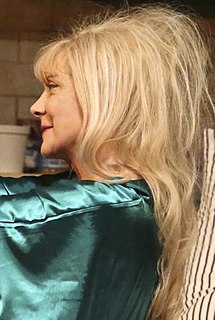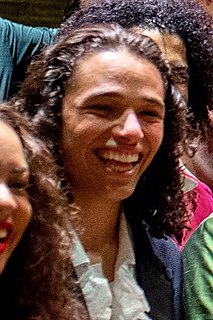A Quote by Utah Phillips
Kids don't have a little brother working in the coal mine, they don't have a little sister coughing her lungs out in the looms of the big mill towns of the Northeast. Why? Because we organized; we broke the back of the sweatshops in this country; we have child labor laws. Those were not benevolent gifts from enlightened management. They were fought for, they were bled for, they were died for by working people, by people like us. Kids ought to know that.
Quote Topics
Back
Because
Benevolent
Big
Bled
Broke
Brother
Child
Child Labor
Coal
Coughing
Country
Died
Enlightened
Fought
Gifts
Her
Kids
Know
Labor
Labor Laws
Laws
Like
Little
Little Brother
Little Sister
Lungs
Management
Mill
Mine
Northeast
Organized
Ought
Out
People
Sister
Sweatshops
Those
Towns
Us
Were
Why
Working
Working People
Related Quotes
The advertising men made it clear that there were two ways of looking at ideas in a war against fascism. Those of us who were working on the project believed ideas were to be fought for; the advertising men believed they were to be sold. The audience, those at home in wartime, were not 'citizens' or 'people.' They were 'customers.'
I walked over to the hill where we used to go and sled. There were a lot of little kids there. I watched them flying. Doing jumps and having races. And I thought that all those little kids are going to grow up someday. And all of those little kids are going to do the things that we do. And they will all kiss someone someday. But for now, sledding is enough. I think it would be great if sledding were always enough, but it isn't.
I was a lonely child. My brother Tony and I were never very close, neither as children nor as adults, but I was tightly bound to him. We were forced to be together because we were really quite alone. We were in the middle of the Irish countryside, in County Galway, in the West of Ireland, and we didn't see many other kids.
I didn't like what was on TV in terms of sitcoms?it had nothing to do with the color of them?I just didn't like any of them. I saw little kids, let's say 6 or 7 years old, white kids, black kids. And the way they were addressing the father or the mother, the writers had turned things around, so the little children were smarter than the parent or the caregiver. They were just not funny to me. I felt that it was manipulative and the audience was looking at something that had no responsibility to the family.
We dated in our early 20s, when we were working at the same newspaper. We broke up, got back together and broke up again. I wanted to get married and have kids, but he wasn't ready. So I married someone else, had my daughters and the marriage ended ... and there was Bill. He'd never gotten married and was finally, finally ready. We discovered that we were still each other's favorite people to talk to.
The weird thing was that I went to Trump rallies thinking I was going to run into militant, right wing, racist people and mostly I didn't. That should have been a clue to me. The people I talked to were not, on the surface level, crazy. They were quite nice, quite normal, employed, and actually were wealthier than the press at that time would have led us to believe. At that time, the narrative was that these were all working poor but these were not working poor. That should've been a clue to me that this was a little bigger than I thought.
I talk a lot about the men in my family because my mother died when I was little, and my grandmother died when my aunts were little, so we didn't have those kinds of heads of household. But all the members of our household who were female were sort of living as equal and as wise as the male figures in our family.
We were fortunate at that time we were working with Virgin, and with Flood, probably more well-known as Brian Eno's engineer now and U2's producer, etc. Even though we weren't working in a strictly popular music area, which was great, we were lucky enough to work with people who were on the cusp of those sort of things.
It was a wonderful time to be young. The 1960s didn't end until about 1976. We all believed in Make Love Not War - we were idealistic innocents, darling, despite the drugs and sex. We were sweet lovely people who wanted to throw out all the staid institutions who placed money and wars above all else. When you're young you think that's how life works. None of us were famous, we were broke. We didn't think they'd be writing books about us in 30 years. We were just kids doing the right thing.


